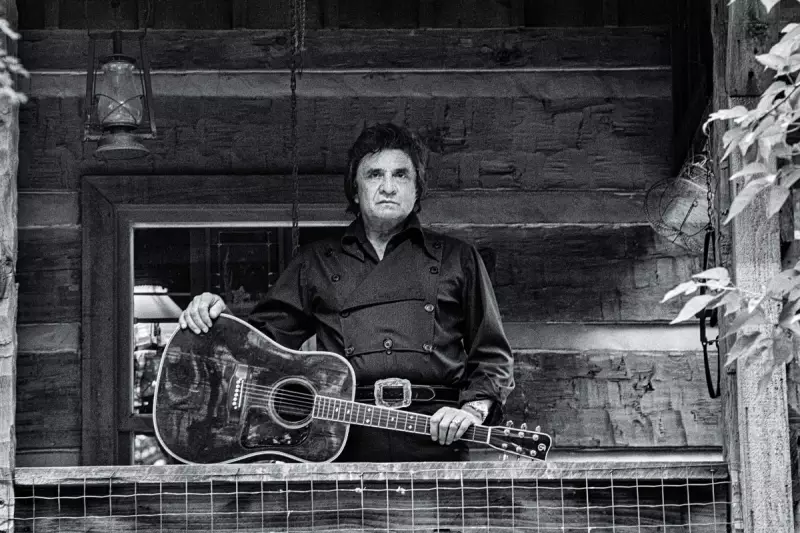
The estate of the legendary musician Johnny Cash has filed a lawsuit against the soft drink giant Coca-Cola, accusing the company of using a pirated version of Cash's iconic voice without permission in a major advertising campaign.
The Core of the Legal Dispute
Filed in a Tennessee court, the legal action claims that Coca-Cola sought to "enrich itself" by exploiting the distinctive and legendary voice of Johnny Cash. The dispute centres on the company's "Fan Work Is Thirsty Work" campaign, which ran during the 2025 NCAA college football season across the United States.
The lawsuit alleges that the advertisement featured a male singer whose voice sounded "remarkably like" that of the Man in Black. According to the filing, Coca-Cola, working through an advertising agency, knowingly hired a Johnny Cash tribute artist to record the vocal track. The estate contends the company was fully aware that it needed to obtain the proper licenses to use an artist's voice commercially but proceeded regardless.
The Significance of the ELVIS Act
This case brings into sharp focus the recently enacted ELVIS Act in Tennessee, a state law designed to protect individuals from the unauthorised commercial use of their voice. The lawsuit uses this legislation to bolster its claim against the beverage corporation.
The filing also highlights the careful stewardship of Cash's legacy since his death in 2003, noting that his voice has been officially licensed for commercial use on only two previous occasions. This underscores the seriousness with which the estate views the alleged infringement by Coca-Cola.
Implications for Artist Rights
This legal battle represents a significant moment for the rights of performers and their heirs in the digital age. As technology makes it easier to replicate voices, the case tests the strength of new laws like the ELVIS Act. The outcome could set a crucial precedent for how the estates of deceased celebrities can protect their loved ones' likenesses and artistic contributions from unauthorised exploitation by major corporations.
The lawsuit seeks to hold Coca-Cola accountable for what the estate perceives as a clear violation of its intellectual property rights, aiming to protect the integrity of one of music history's most revered voices.





